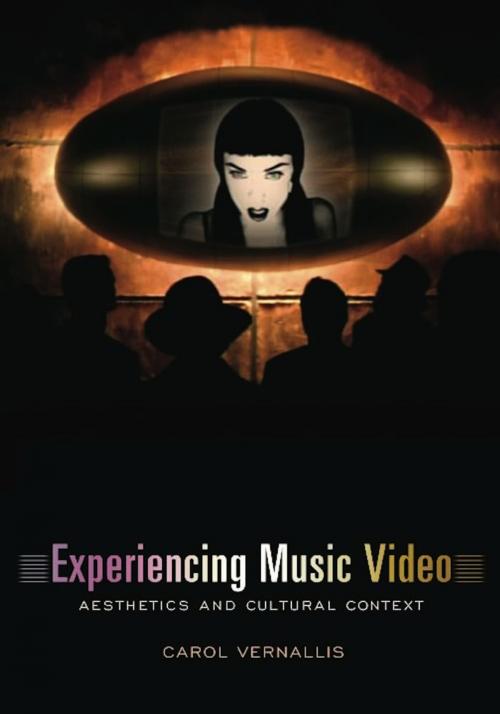Experiencing Music Video
Aesthetics and Cultural Context
Nonfiction, Entertainment, Performing Arts, Film, Music| Author: | Carol Vernallis | ISBN: | 9780231508452 |
| Publisher: | Columbia University Press | Publication: | June 16, 2004 |
| Imprint: | Columbia University Press | Language: | English |
| Author: | Carol Vernallis |
| ISBN: | 9780231508452 |
| Publisher: | Columbia University Press |
| Publication: | June 16, 2004 |
| Imprint: | Columbia University Press |
| Language: | English |
Music videos have ranged from simple tableaux of a band playing its instruments to multimillion dollar, high-concept extravaganzas. Born of a sudden expansion in new broadcast channels, music videos continue to exert an enormous influence on popular music. They help to create an artist's identity, to affect a song's mood, to determine chart success: the music video has changed our idea of the popular song.
Here at last is a study that treats music video as a distinct multimedia artistic genre, different from film, television, and indeed from the songs they illuminate—and sell. Carol Vernallis describes how verbal, musical, and visual codes combine in music video to create defining representations of race, class, gender, sexuality, and performance. The book explores the complex interactions of narrative, settings, props, costumes, lyrics, and much more. Three chapters contain close analyses of important videos: Madonna's "Cherish," Prince's "Gett Off," and Peter Gabriel's "Mercy St."
Music videos have ranged from simple tableaux of a band playing its instruments to multimillion dollar, high-concept extravaganzas. Born of a sudden expansion in new broadcast channels, music videos continue to exert an enormous influence on popular music. They help to create an artist's identity, to affect a song's mood, to determine chart success: the music video has changed our idea of the popular song.
Here at last is a study that treats music video as a distinct multimedia artistic genre, different from film, television, and indeed from the songs they illuminate—and sell. Carol Vernallis describes how verbal, musical, and visual codes combine in music video to create defining representations of race, class, gender, sexuality, and performance. The book explores the complex interactions of narrative, settings, props, costumes, lyrics, and much more. Three chapters contain close analyses of important videos: Madonna's "Cherish," Prince's "Gett Off," and Peter Gabriel's "Mercy St."















